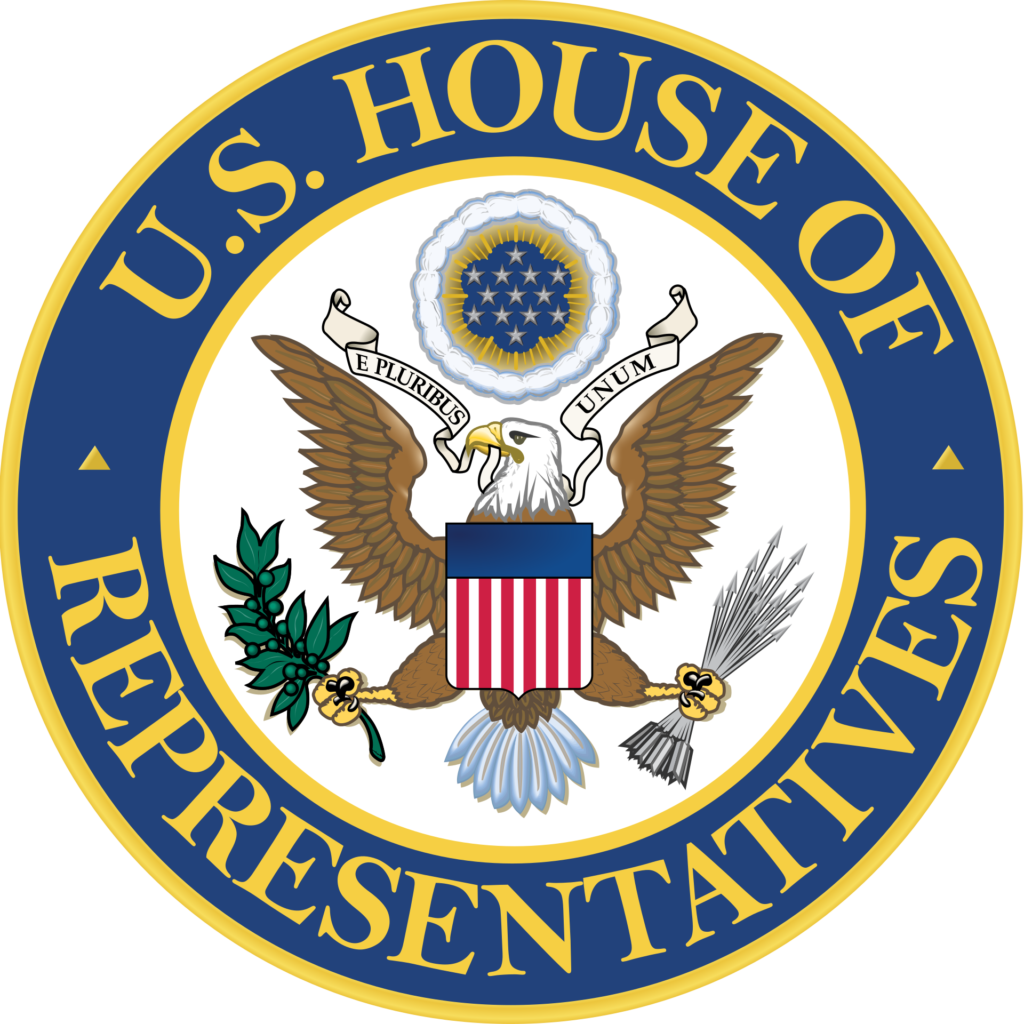
| Entities | |
| Topics and Issues | Preemption (11) |
In September 2022, U.S. Reps. Patrick McHenry (R-NC) and James Comer (R-KY) sent a letter to CFPB Director Rohit Chopra asking the director for additional information about recent Bureau actions. McHenry is the ranking member of House Financial Services and Comer is the ranking member of the Oversight and Reform Committee.
The letter points to a 2022 Supreme Court decision in West Virginia v. EPA that the authors noted limits the reach of certain agency actions. As noted in a Brownstein blog, “the court confirmed that agency authority must be traceable to a clear delegation from Congress and that attempts to expand delegated power through obscure provisions in enabling legislation are not enough, even though it might be textually plausible.”
The letter to Chopra points to some of his “’initiatives’ that circumvent not only Congressional intent, but the Administrative Procedure Act (APA).” Reps. McHenry and Comer include in this list “1. An interpretive rule expanding the authority of States to Enforce the Consumer Financial Protection Act of 2010 beyond what was intended by Congress; 2. An advisory opinion expanding Equal Credit Opportunity (Regulation B); as well as making revocations or unfavorable changes to the terms of existing credit arrangements; 3. An advisory opinion narrowly interpreting the Fair Credit Reporting Act with respect to name-only matching procedures; and 4. An interpretive rule limiting the Fair Credit Reporting Act’s preemption authority, allowing states to pass laws impacting implementation of the FCRA.”
The letter seeks additional information from the Bureau about future administrative actions and noted that “the House Committees for Financial Services and Oversight and Reform intend to exercise robust investigative and legislative powers to not only forcefully reassert [Congress’] Article I responsibilities, but to ensure that neither you nor the Biden administration can continue to exceed Congressional authorizations.”